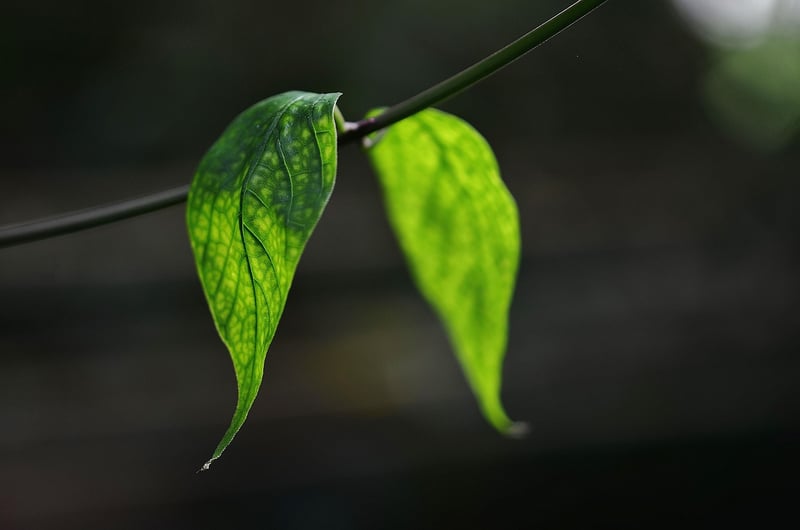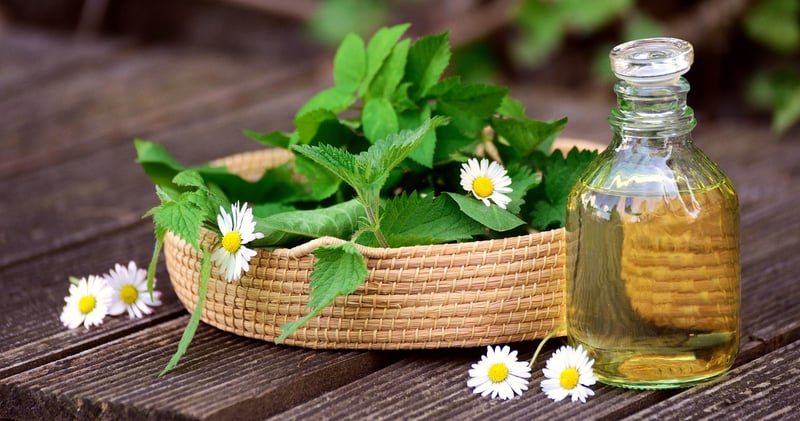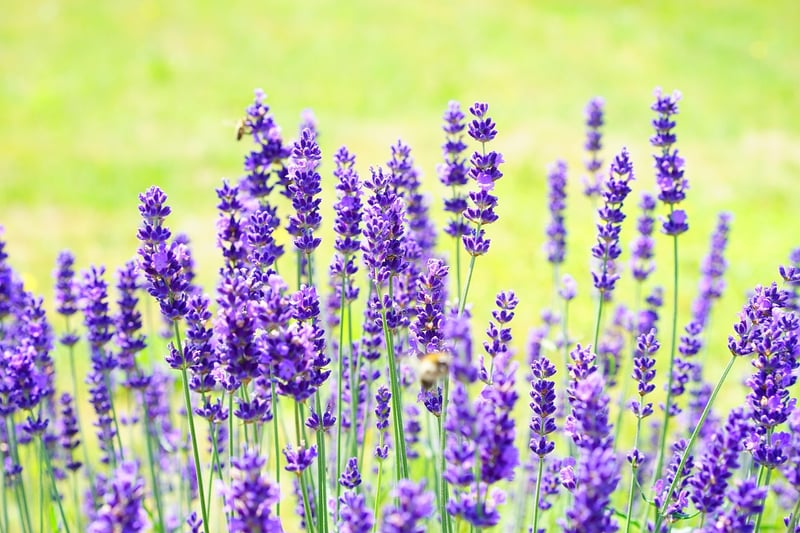Medicinal Plants
Cultivating Herbs for Various Uses
Introduction
Herbs have been used for centuries for culinary, medicinal, and decorative purposes. Cultivating your own herbs not only ensures a fresh supply but also allows you to customize your harvest based on your preferences.
Choosing the Right Herbs to Grow
When deciding which herbs to cultivate, consider your needs and the growing conditions in your area. Popular herbs for cultivation include:
- Rosemary
- Basil
- Mint
- Parsley
- Thyme
Tips for Successful Herb Cultivation
Here are some tips to help you successfully grow herbs:
- Choose a sunny spot for your herb garden as most herbs prefer full sun.
- Ensure good drainage for your herbs by using well-draining soil.
- Water your herbs regularly, ensuring the soil is moist but not waterlogged.
- Prune your herbs regularly to encourage new growth and prevent them from becoming leggy.
Harvesting and Using Your Herbs
Harvest your herbs in the morning when the essential oils are most concentrated. You can use your fresh herbs in cooking, teas, or for their medicinal properties.
Medicinal Plants
Popular Medicinal Plants to Grow
In addition to culinary herbs, you can cultivate medicinal plants in your garden. Some popular medicinal plants include:
- Lavender
- Aloe Vera
- Calendula
- Echinacea
- Chamomile
Benefits of Medicinal Plants
Medicinal plants have various health benefits and have been used for centuries to treat ailments naturally. They can help with digestion, skin conditions, immune support, and more.
Using Medicinal Plants
You can use medicinal plants to make teas, tinctures, salves, and poultices. Always research the proper usage and dosage of each plant before using them for medicinal purposes.
Conclusion
Cultivating herbs and medicinal plants can be a rewarding and beneficial activity. Whether you use them for cooking, teas, or natural remedies, having a garden full of these plants can enhance your well-being and connection to nature.


